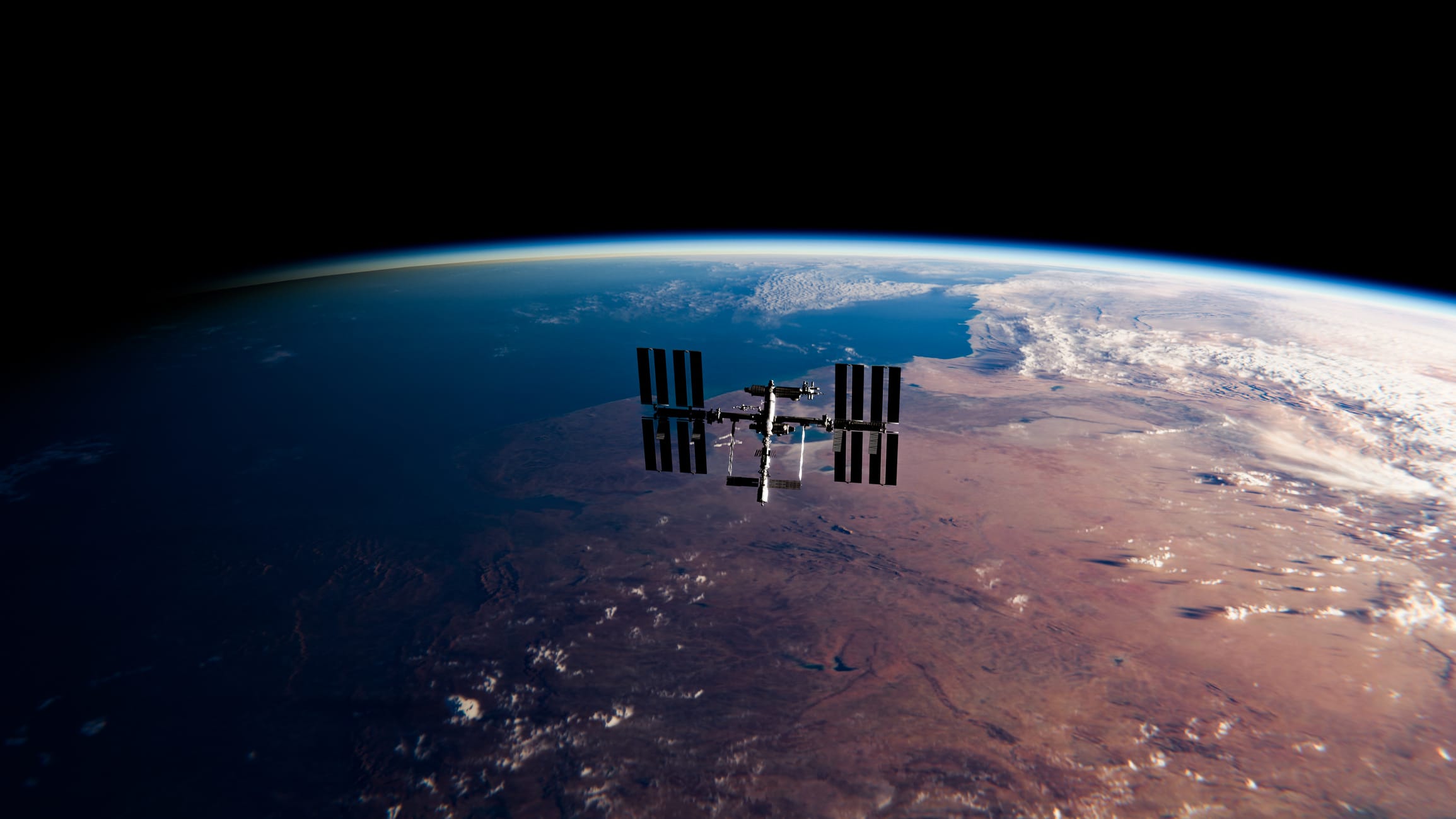What Law Students Should Know About Space Law
Space law might sound like the stuff of science fiction, but it’s a very real field -- one which promises to be increasingly important moving forward. Here’s a closer look at what all law students should know about this up and coming area of practice.
- Education

What is Space Law?
The UN’s Committee on the Peaceful Uses of Outer Space is a forum tasked with developing international space law. It comprises five international treaties and five sets of principles on space-related activities. Additionally, many countries have their own domestic laws governing space-related activities. As such, the field of space law can be divided into two areas: international space law and domestic and commercial space law.
Space law was thrust into the headlines in 2019 when astronaut Anne McClaine was accused by her estranged spouse, Summer Worden, of accessing her financial information from the International Space Station, thereby committing the alleged first case of identity fraud in space. (An investigation subsequently cleared the astronaut Anne McClain of wrongdoing. Her former spouse, Summer Worden, was charged with lying to federal investigators.) This is just a small example of the type of issues covered by space law. The UN sets forth a variety of other issues falling under the auspices of space law, including:
- The preservation of the space and Earth environment
- Liability for damages caused by space objects
- The settlement of disputes
- The rescue of astronauts
- The sharing of information about potential dangers in outer space
- The use of space-related technologies
- International cooperation
Additionally, as space tourism takes off, many different types of space crimes are likely to emerge. Through it all, the UN asserts, “A number of fundamental principles guide the conduct of space activities, including the notion of space as the province of all humankind, the freedom of exploration and use of outer space by all states without discrimination, and the principle of non-appropriation of outer space.”
What do space lawyers do?
Space law has been around a while. According to Paste Magazine, the first-ever practitioner of space law was Andrew G. Hale, who founded both the International Academy of Astronautics and the International Institute of Space Law in 1960. He also authored 1963’s Space Law and Government.
Human understanding of space has changed significantly since that time, as has space law. “As space exploration turns from a mainly scientific pursuit into a big business, regulations will become more important to protect everything from humans on Earth to life on other planets and every business interest in between. Law is a moving target. Space law regulates everything from keeping Earth safe from extraterrestrial contaminants to keeping celestial bodies safe from Earthly contagions,” asserts Paste.
It’s important to note that while space lawyers focus their efforts on these celestial concerns, they are lawyers above all else. “This means supporting governmental or commercial space activities by attending meetings and negotiations, drafting and reviewing documents and basically thinking a lot on the law and the space activity in question,” Space Awareness insists.
Still, there’s a lot of new territory to chart -- and space lawyers will be at the forefront of it, making it an especially exciting area of study and practice sharing commonalities with both maritime law and aviation law.
Space law professor Frans von der Dunk told The Mary Sue, “The comparison with maritime law -- in particular as regards the high seas -- is very apt, as outer space like the high seas is a global commons, where no individual state can exercise its territorial sovereignty.” According to von der Dunk, while space law has primarily addressed issues between various sovereign states, an increase in private and commercial involvement in space activities has seen more national laws emerging as well, with contractual issues especially prevalent.
This is echoed by space law enthusiast Julie McMahon. “The majority of matters within space law, I would say, are civil matters, where you’re really seeing a lot of disputes between two non-governmental parties. Any practice area would be subject to these types of disputes. Space law is a lot of contracts.”
Additionally, while having expertise in space law is critical for space lawyers, insiders say the field is becoming more multidisciplinary. “As space is increasingly ‘coming down to earth’, that is giving rise to more and more practical and hugely important, even crucial terrestrial applications, many other legal regimes than space law properly speaking become involved. Thus, knowledge of e.g. international trade law, IPR, tort liability or general telecom and cyber law are becoming important for space activities, too,” continues von der Dunk.
Space lawyers will be in demand
Whether you are studying for a LLB or LLM - given the growth and expansion of the space industry, it follows that space lawyers are expected to be in increasing demand with spaceflight companies, and in more ways than might initially seem apparent. Cohen & Cohen, P.C. partner and law professor Wayne R. Cohen told Space.com, “Legal specialization may coincide with a rise in the number of professionals who specialize in some aspect of the space program. In turn, there is -- or will be -- a demand for lawyers regarding everything from workplace safety to workers’ rights in general.”
As more entrepreneurs turn their attention to the commercial opportunities in space, they’ll also be looking for space lawyers to help tackle issues ranging from intellectual property to the regulatory sphere.
“While there may not be any need for a satellite office on a space station (yet), the entrepreneurs that are sending technology into orbit certainly will need some legal advice. Whether it's to ensure that a force majeure clause is still ironclad in the cosmos, or just to make sure the interstellar side of the business stays grounded in Earthly laws, any company that's sending stuff into space, is likely to have some interesting/important legal work to do first,” George Khoury, Esq., asserts in FindLaw.
Certainly, there are many unknowns about space law, but this is one of the things that make this field of practice so exhilarating. “Our issues involving space are seen through the lens of geopolitics on the Earth. Our problems originate on Earth, not in space,” space lawyer Joanne Gabrynowicz told Vice. Even if you never step foot in space, you can still help chart a course through the final frontier by studying space law.
Find your perfect program
Use our search to find and compare programs from universities all over the world!
Space Law
Joanna Hughes
Author
Joanna worked in higher education administration for many years at a leading research institution before becoming a full-time freelance writer. She lives in the beautiful White Mountains region of New Hampshire with her family.


